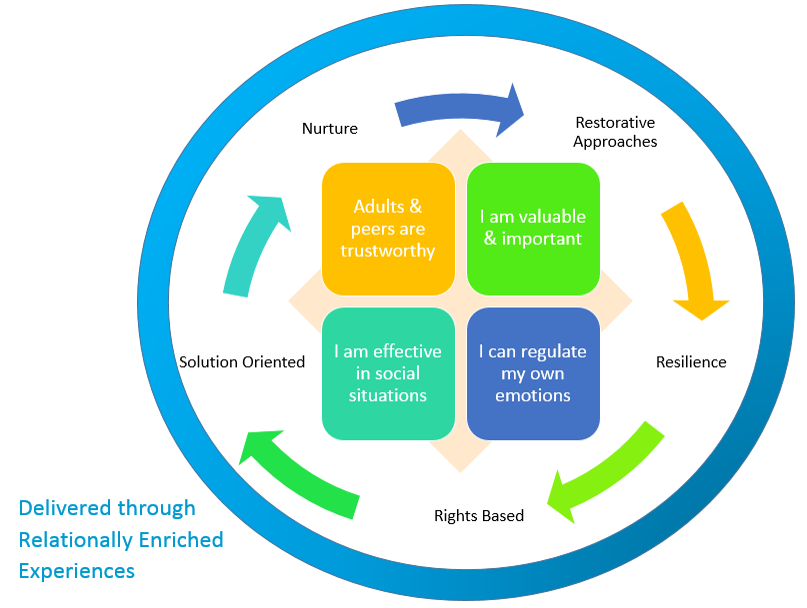Solution oriented practice is a way of working which has been described as ‘solution-building’ (De Jong and Berg 1998).
It helps people develop goals and solutions rather than explore and analyse current problems. It is different to more traditional ‘helping’ methods in that it focuses on the present and the future, on goals and how to achieve them. This approach has a focus on ‘what works’ in any given situation and the development of detailed descriptions of goals. In developing and expanding these descriptions, new possibilities for change open up for the individual and the organisation.
Solution Oriented Approaches focus on the following ten principles…
1. Listen to the person; listen for possibilities.
2. People have the necessary resources to make changes.
3. Everyone has their own ways of solving problems.
4. No sign-up, no change. Collaboration enhances change.
5. Language shapes and moulds how we make sense of the world.
6. A focus on future possibilities and solutions enhance change.
7. There are always exceptions to the problem.
8. Small changes can lead to bigger changes.
9. If it works do more of it; if it doesn’t, do something different.
10. The problem is the problem, not the person.


